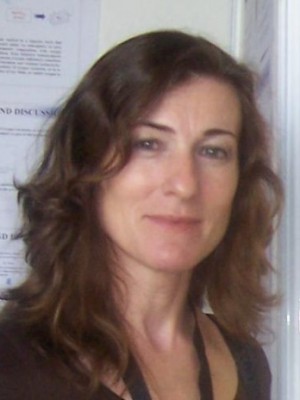abstract
The green synthesis of engineered nanomaterials (NMs) has deserved an enormous academic interest and huge financial investments during the last decades. However, this prominent position has not been followed by the rapid commercialization of NMs for real applications thus rendering their practical usefulness very doubtful and the appropriateness of novel investments in the field highly questionable. The present manuscript presents the first scientometric study on the green synthesis of NMs aiming to survey the scientific progress in this particular field and identify its main gaps while providing applicable suggestions to facilitate the knowledge transfer from laboratories to real full scale production and applications. The research on green synthesis of nanomaterials published in Web of Science during the period 1991-2019 is here carefully analyzed. Overall, 9 scientometric indicators are employed to interpret the results retrieved from the 8761 documents collected. It is found that 107 countries and nearly 22,400 authors have contributed to this subject, hence highlighting the relevance of this topic. The keywords spectrum is dominated by the term nanoparticle which full adoption takes place at the beginning of the 21st century. Some few years later, a batch of words like silver nanoparticle, gold nanoparticle and nanocomposite reaches a significant impact reflecting the emergence of commercial applications for these nanomaterials. It is only in 2009 that the keyword green synthesis gains strength, followed then by biosynthesis in 2010, making it evident a trend towards environmentally friendly reagents. The number of publications on green synthesis of nanomaterials displays up to now a sigmoidal like growth pattern, which points actually to a decrease on new arrivals, thus suggesting a possible forthcoming decline in this field. However, the analysis carried out in the present work allows identifying various gaps related to sustainability, which, if appropriately addressed, may contribute to a resurgence of the research on nanomaterials synthesis while fostering more frugal approaches on material synthesis tendencies.
keywords
SONOCHEMICAL SYNTHESIS; SILVER NANOPARTICLES; MICROWAVE IRRADIATION; OXIDE NANOPARTICLES; GLOBAL RESEARCH; SUSTAINABILITY; NANOCRYSTALS; CHEMISTRY; NANORODS; GOLD
subject category
Science & Technology - Other Topics; Engineering; Environmental Sciences & Ecology
authors
Khalaj, M; Kamali, M; Costa, MEV; Capela, I
our authors
acknowledgements
Thanks are due, for the financial support to CESAM - Center for Environmental and Marine Studies, POCI-01-0145-FEDER-007638 (FCT Ref. UID/AMB/50017/2020), and to the project CICECO-Aveiro Institute of Materials, UIDB/50011/2020 & UIDP/50011/2020, financed by national funds through the Portuguese Foundation for Science and Technology/MCTES and the co-funding by the FEDER, within the PT2020 Partnership Agreement and Compete 2020. Thanks, are also due to FCT for the doctoral scholarship No. SFRH/BD/140873/2018 for the first author. Thanks, are also due to the financial support from the PDM program, KU Leuven.



